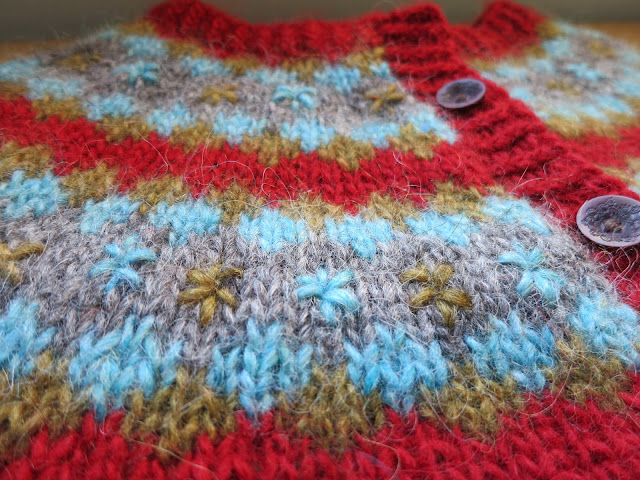My friend X. has been a fan of audiobooks for years now. And I've always dismissed it. Well, you know .... because why would I "listen" to a book when I could read it ? It really didn't seem to hold any appeal to me.
However, it occurred to me that it might be interesting to have a few on hand when we went traveling, especially for particularly long car drives. So on our last trip I brought along a couple of Poirot mysteries (read by by the inimitable David Suchet himself) and very much enjoyed the experience.
And from then on I was hooked.
Thankfully I don't spend much time commuting now as before, but I still spend 40 to 45 minutes each day either walking / on the subway / or driving, so listening to audiobooks is perfect for this.
So far I've loved every book I've listened to, but then these were all my friend's recommendations so I knew they couldn't be very wrong.
This is what I've listened to so far:
The capture of Cerebrus and the incident of the dog's ball, by Agatha Christie, and narrated by David Suchet
I've read all of Agatha Christie's mysteries, or at least all that have been published in Portuguese, and then a few more in the original version, but I can't remember having ever read these two short stories. These were perfect to start with, since they're both a little less than 45 min each. David Suchet is unmistakable as Poirot, but he's also amazing when he gives voice to the rest of the characters.
Harry Potter and the Philosopher's Stone, by J.K. Rowling and narrated by Stephen Fry
I never re-read the first books of HP, so this was a good opportunity to relive the stories. Stephen Fry is excellent, and I think I actually enjoyed this more now after I've listened to it, than when I actually did read it years ago. And since I already know the story, I can listen to these even when I'm doing something else that might distract me a bit more (like some complicated piece of knitting)
The sweetness at the bottom of the pie, by Alan Bradley, and narrated by Jayne Entwistle
This is book #1 of the Flavia de Luce series. I'd never heard about it until X. suggested it, and at first Ms Entwistle's voice kind of bothered me. It's somewhat high-pitched and takes a while getting used to, but after the first couple of chapters I realized I didn't seem to mind it anymore, which just goes to show how good this was. Flavia de Luce is a very precocious 11 year old girl who loves chemistry and sets out to solve a murder mystery that happens in her own home. She can be very irritating at times (like 11 year olds tend to be) but the plot just keeps improving. I loved this, and can't wait to listen to the next of the series.

The ladies of Grace Adieu and other stories, by Susannah Clarke, narrated by Davina Porter and Simon Prebble
If, like me, you've read Jonathan Strange & Mr. Norrell, and thought it was a very well written book but maybe a bit tedious and too long, then you're certainly going to love The ladies of Grace Adieu as much as I did. Why ? Because they're just as well written but they're short stories, which means they don't drag out forever but although compact still do have interesting storylines and characters. Also, the world that Susannah Clarke has created is brilliantly conveyed by the two narrators, especially Davina Porter. They're all fairy stories, with a good deal of magic involved, and set in 18th/19th century England. I loved all of them, but especially "Mrs. Mabb" and "Mr. Simoneli or the Fairy widower". Since I didn't have the printed version I missed the fabulous accompanying illustrations to the stories, so I'm thinking about purchasing it just for them.
The immortal life of Henrietta Lacks, by Rebecca Skloot and narrated by Cassandra Campbell
I'm still listening to this one, in fact I just started it a few days ago but I can already tell it's going to be brilliant. This is a work of non-fiction, about the woman called Henrietta Lacks who died from cervical cancer in 1951 and from whose cancer cells came the HeLa cells, the first immortal human cells. The HeLa cells were invaluable to the progress of modern medicine, used for the research of cancer, AIDS, for testing vaccines and countless other scientific studies.























